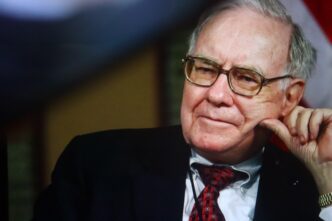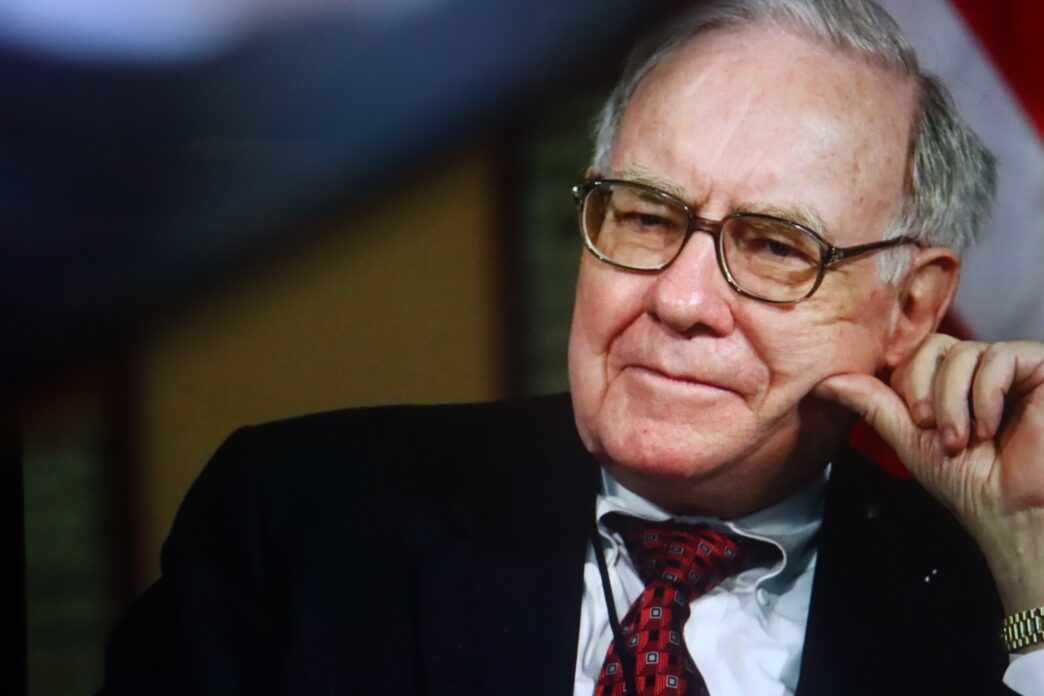Executive Summary
The Story So Far
Why This Matters
Who Thinks What?
Berkshire Hathaway, led by CEO Warren Buffett, continued its trend of being a net seller of stocks in the third quarter, accumulating a record $382 billion in cash and U.S. Treasury bills. This sustained disposition, marking 12 consecutive quarters of net sales, comes as the S&P 500’s cyclically adjusted price-to-earnings (CAPE) ratio reached 39.5 in October, a valuation level that has historically preceded market losses.
Berkshire’s Cash Position and Investment Strategy
The latest financial report revealed Berkshire Hathaway sold more stock than it purchased in the third quarter, pushing its cash and short-term investments to $382 billion. This substantial cash reserve, which exceeds the market capitalization of all but two dozen S&P 500 companies, indicates a deliberate choice by Buffett to keep capital out of the equity market.
Analysts suggest two primary factors for Buffett’s shift from his historical role as a net buyer of stocks. One reason cited is Berkshire’s increased size, which limits the number of potential investments capable of significantly impacting its financial performance. Another attributed factor is Buffett’s apparent concern regarding current stock market valuations, a sentiment reflected in the company’s consistent net selling over the past three years, totaling $184 billion.
S&P 500 Valuation Concerns
The S&P 500’s CAPE ratio of 39.5 in October represents its highest level in a quarter century. This valuation has been reached only once before in the index’s history, during the dot-com bubble in 1999.
This historical context places the current market valuation in the 97th percentile of its seven-decade history, indicating a rare period of high expense. The S&P 500 has only been this expensive approximately 3% of the time during its existence.
Historical Precedent for Declines
Historically, periods when the S&P 500’s monthly CAPE ratio exceeded 39 have been followed by significant declines. Data from Robert Shiller indicates average returns of -4% over one year, -20% over two years, and -30% over three years in such circumstances.
While past performance does not guarantee future results, this historical pattern suggests potential challenges for the broader market. The current market environment, according to analysis, warrants a cautious approach.
Market Outlook
Berkshire Hathaway’s continued net selling of stocks and record cash reserves, alongside the S&P 500’s elevated CAPE ratio, highlight a cautious approach by Warren Buffett amid high market valuations. The historical data associated with such high CAPE levels suggests potential challenges for the broader market in the coming years.







